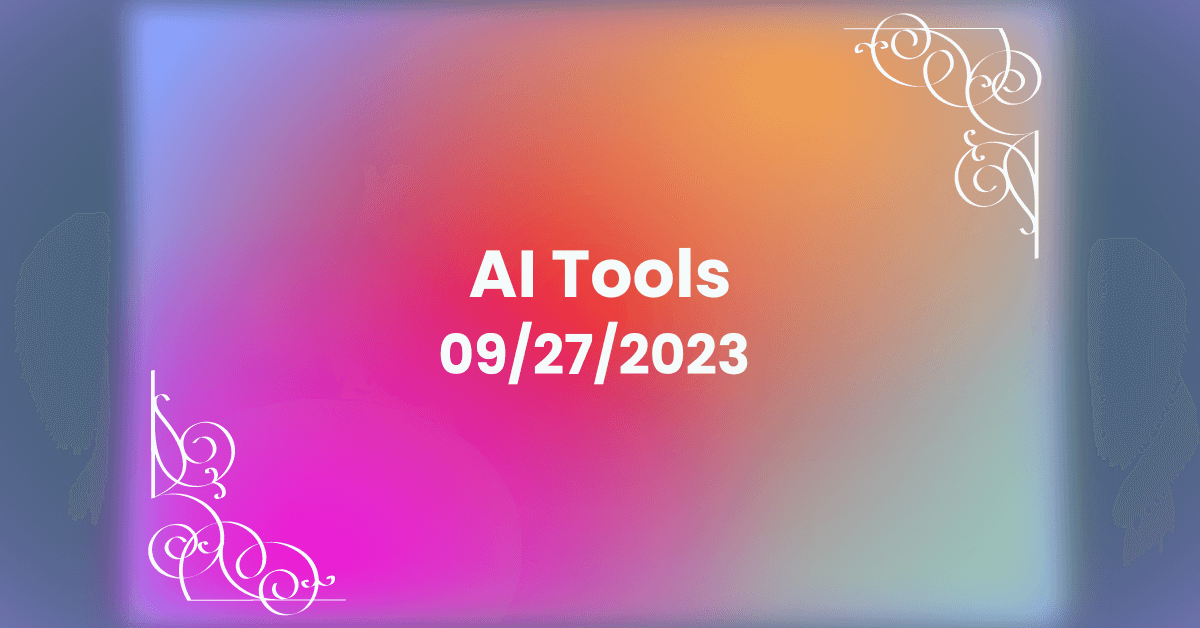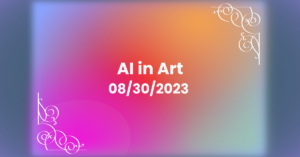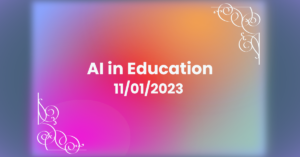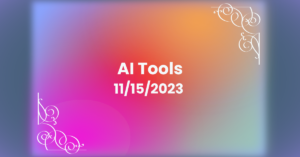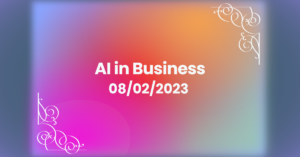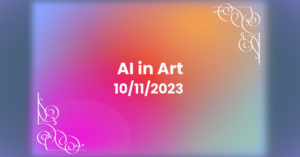Recent Advancements in Conversational Artificial Intelligence Platforms
The recent advancements in Conversational Artificial Intelligence platforms such as ChatGPT, despite being in their nascent stages—approximately a year old or even less in many instances—are swiftly becoming antiquated as the realm of AI experiences unprecedented rapid progress. Mustafa Suleyman, a distinguished figure at Google’s DeepMind, has elucidated that the evolution to the subsequent phase of AI development is well underway, with myriad enterprises in the AI sector focusing their endeavors on the creation of task-managing AI systems.
These advanced systems will empower users to assign sophisticated tasks to AI, witnessing the execution of such tasks and the creation of subsidiary models to accomplish subsidiary tasks. This progression heralds a paradigm shift, enabling AI to assume responsibility for menial tasks and simple operations in both personal and professional domains, facilitating human concentration on intricate tasks and innovative pursuits.
Google’s Bard LLM (Large Language Model) is undergoing notable enhancements. Similar to the plugin library of ChatGPT, Bard is being augmented with an API designed for extensions along with a marketplace to facilitate their acquisition. For ChatGPT, plugins represented a significant augmentation, enriching user interaction and functionality, allowing OpenAI to strategically optimize development trajectories based on empirical data rather than speculative conjectures.
However, Bard is innovating further by incorporating a novel ‘self-checking’ feature, allowing users to demand the AI validate its responses. This feature corroborates the AI’s response against predominant Google results, contrasting them to determine congruence with the most validated and corroborated search results. This is a quintessential verification mechanism, leveraging Google’s unrivaled expertise and dominance in the search engine sphere to ascertain the veracity of search results.
We anticipate the propagation of such features across other leading LLMs. However, given Google’s unparalleled depth of knowledge in search engine technology, alternative methodologies might emerge from competitors like Microsoft and OpenAI.
In summary, the ongoing advancements in AI highlight a radical transformation in both user interaction and technological capabilities, illustrating not only the unprecedented pace at which the industry is evolving but also hinting at the boundless possibilities that lie ahead in AI development.

